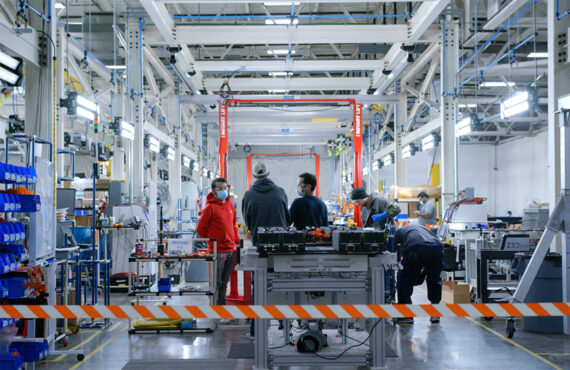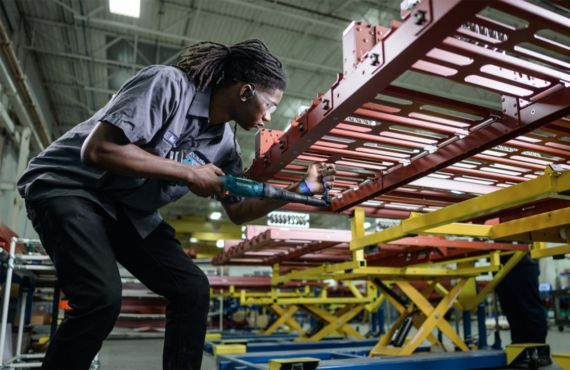In Control of an Electrified Future
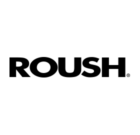
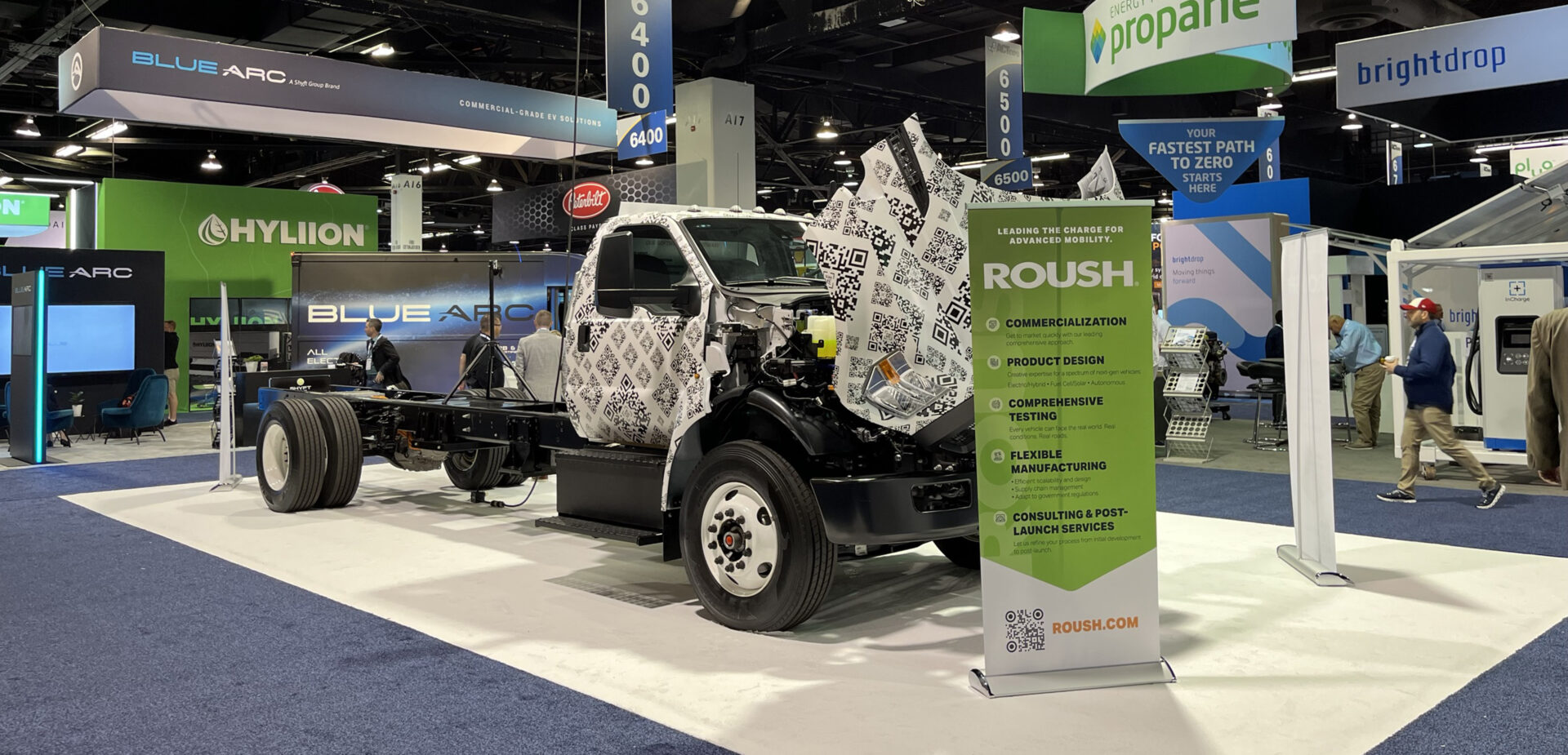
What was the challenge?
As the world trends toward electrification, there is an increasing need for a flexible EV control system that can be quickly adapted to any electrified powertrain application. Many companies are ambitiously trying to electrify both on-road and off-road vehicles, but they do not have the ability to develop an entirely unique control system for each project. This is the challenge that galvanized the teams at Roush Industries and Roush CleanTech. Roush CleanTech approached Roush Industries with a critical question: is it even possible to fill the gap in the marketplace for a bespoke, fully electric commercial vehicle? Thanks to the extensive in-house capabilities at Roush Industries, answering that question was simple. The adaptive control system could be built for the real-world duties of the Ford F-650 and similar vehicles, but it would require more than development expertise. It would require comprehensive experience in the world of commercialized, market-ready products.
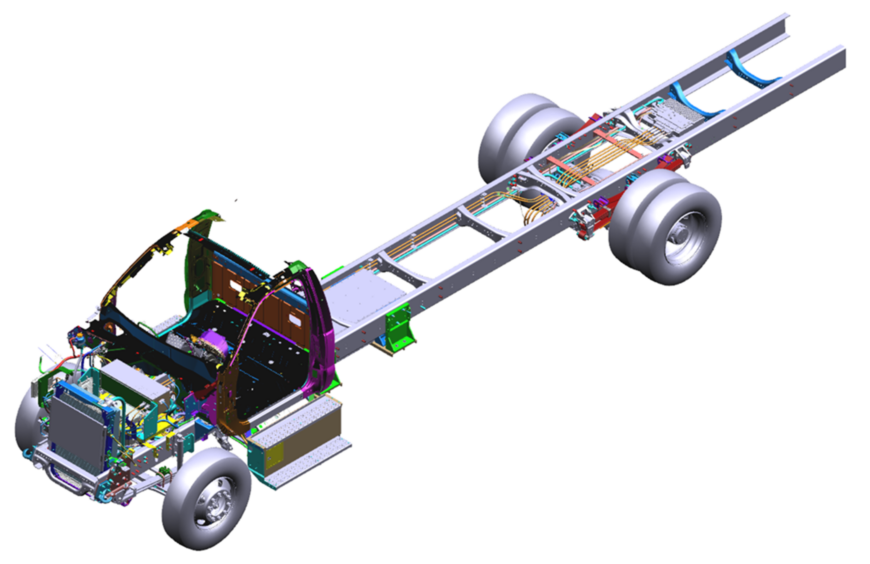
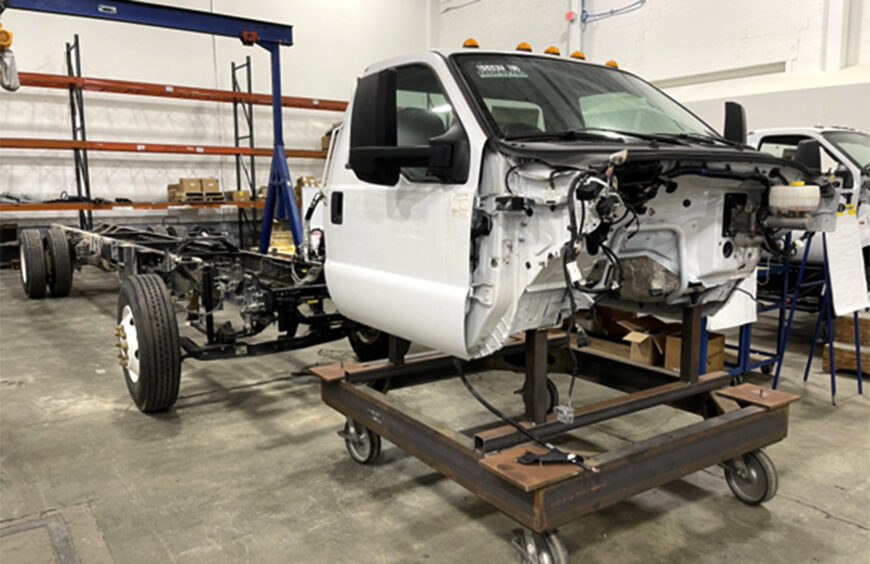
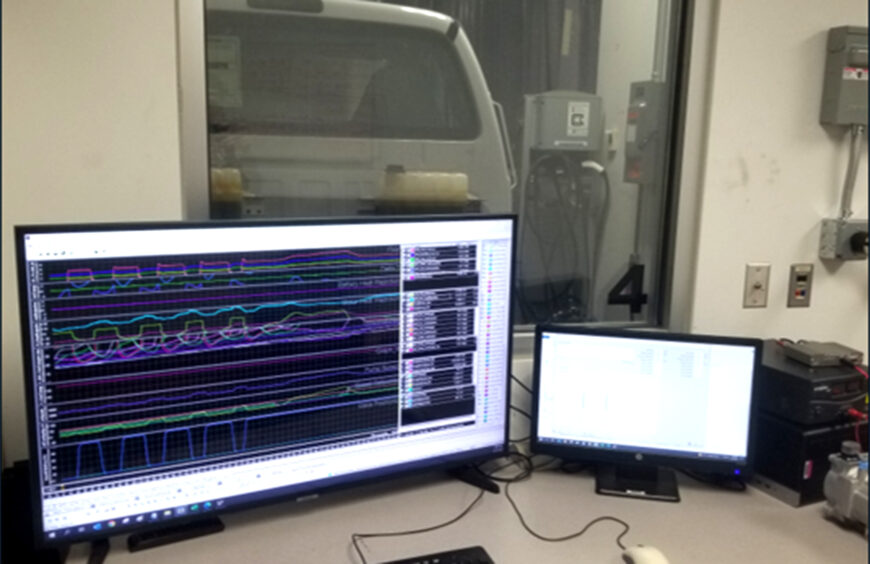
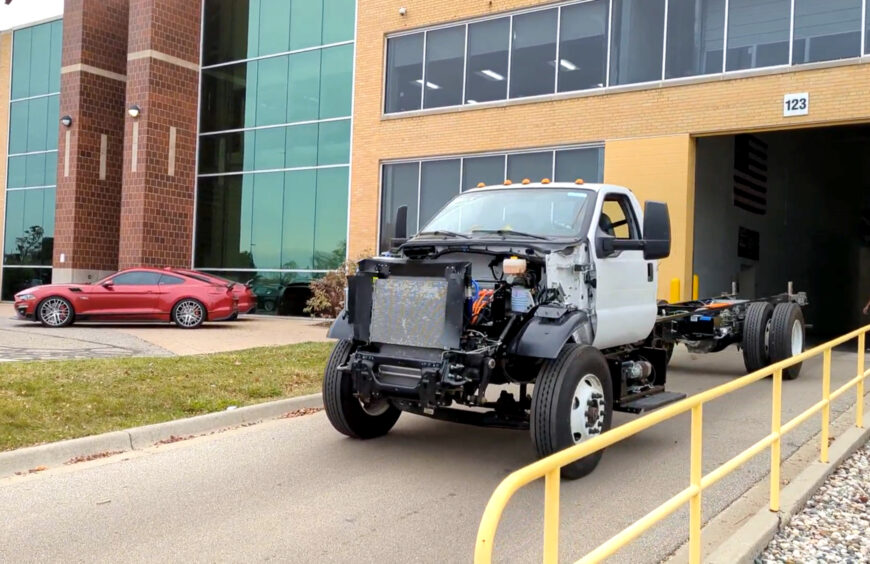
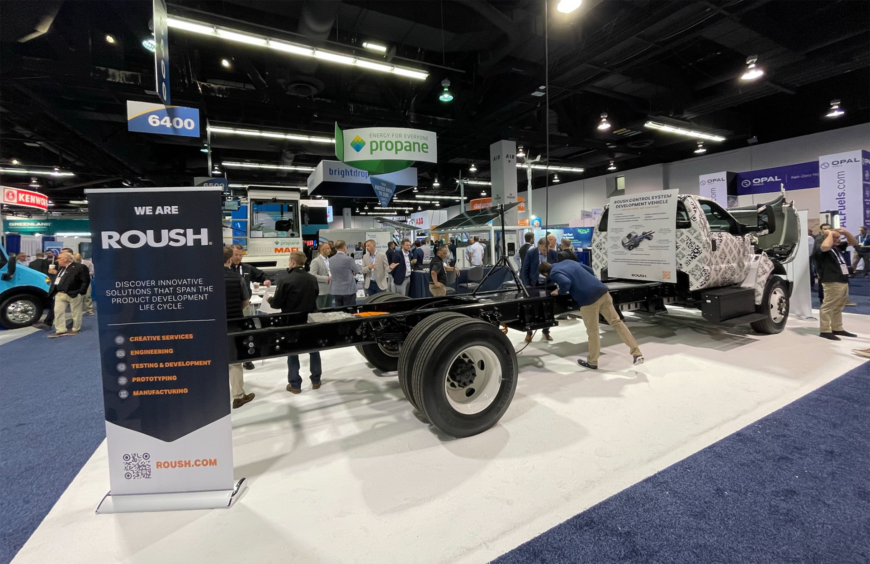
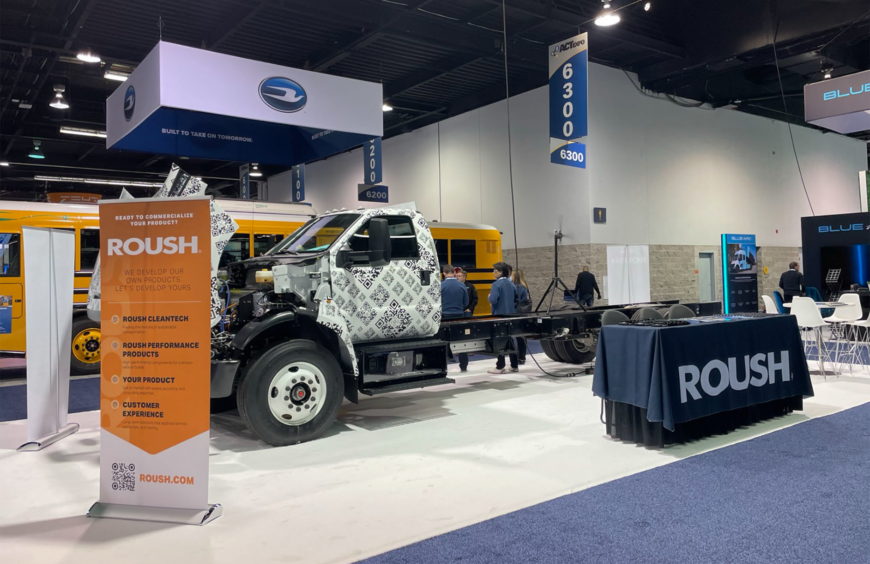
What did we accomplish?
Developing a flexible EV control system was a sustainable decision — and a business decision. As the first EV control system in the marketplace with production-capable diagnostics and functional safety, our team decided it was necessary to perform extensive market research. Roush CleanTech contributed heavily to this effort, exploring jobs that require vehicles like the F-650 and uncovering vital information such as range requirements and ease of operations data. These insights directly informed the development process as the team at Roush Industries tailored a flexible control system that would exceed customer expectations.
Functional safety and modularity were the top priorities during control system development. Three iterations of the control system were developed in an effort to refine the high voltage architecture, propulsion system controls, and thermal management system. The final product, “Menlo,” is robust and can be quickly adapted to different EV hardware sets, ultimately decreasing time to market for customers. Menlo was placed in the Ford F-650 and showcased at the ACT Expo, thereby establishing a blueprint for future commercialized EV projects of a similar class.
What services were provided?
Commercialization experience and innovative controls system development were the hallmark of this project, and collaboration between Roush CleanTech and Roush Industries made it all possible. Services provided spanned across multiple different departments and disciplines. These included:
Advanced Engineering
Software + Functional Safety
Powertrain Development
CAE
Design for Manufacturing
Vehicle Engineering
Electrical/Chassis Engineering
Fabrication
Assembly
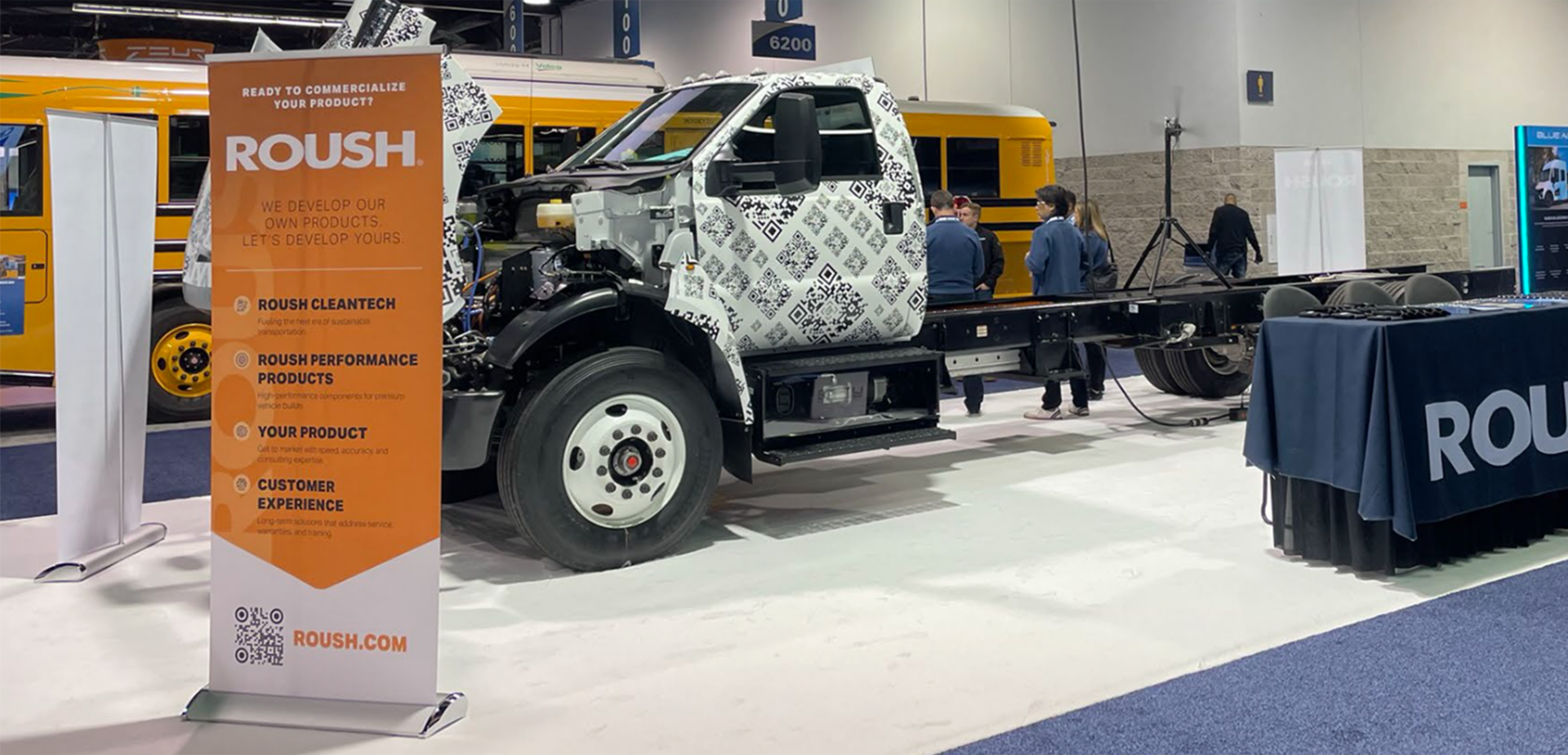
What is the impact?
The comprehensive capabilities of Roush Industries were on full display throughout the development of Menlo. From initial concepting of the controls system to the final high voltage architecture, everything was performed in-house. For the industry, this project set a new standard for large manufacturers to reimagine the electrification, commercialization, and mobility of medium-duty vehicles. The fully electric F-650 is more than a functional innovation that reduces emissions — it is a model for the future.
More Stories
Let’s work together.
Reach Out